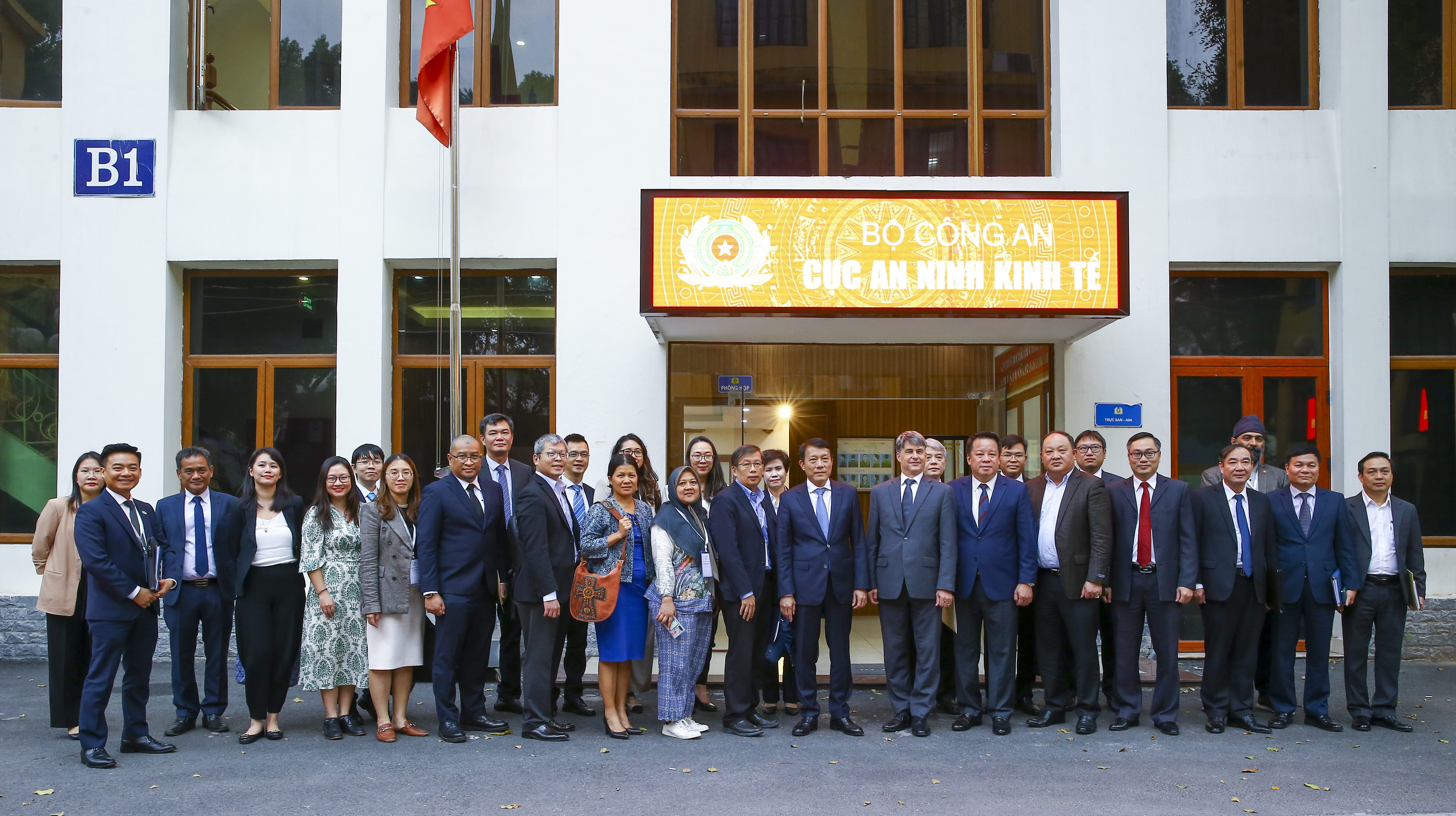Opportunities and challenges for digital transformation in Vietnam

Vietnam’s digital transformation landscape presents significant opportunities for growth and progress. The industry is growing fast and is widely integrating into the global value chain, attracting increased foreign investment to Vietnam. During a meeting to announce the inauguration of Vietnam's press digital transformation support center, Deputy Minister Nguyen Thanh Lam of the Ministry of Information and Communication (MIC) shared details revealing that the revenue of Vietnam ICT sector reached US$12.03 billion in May 2023, increasing 5% on-month and down 2% on-year. The Vietnamese government has also set ambitious goals on digital government, such as having 100% of state agencies providing open data and more than 10 ministries, sectors and localities establishing open data portals by the end of 2023.
However, the ICT sector in Vietnam faces numerous challenges in its efforts to sustain strong growth and achieve ambitious goals. One such challenge is the insufficiently developed ICT institutional framework and the government's limited capacity to drive digital transformation, which results in delayed investment procedures, difficulties in piloting new technologies; and a lack of skilled IT human resources. Another challenge for Vietnam’s digital transformation is the poor management of e-commerce activities and tax administration, resulting from an inadequacy of coordination between the government and businesses. Prevention of cyberbullying is also regarded as an important area that requires legislation improvement as there have been ongoing concerns about risks for internet users, especially children. Furthermore, the recent issuance of regulations such as Decree 13 on Personal Data Protection (PDPD), following Decree 53 issued in 2022 clarifying the Law on Cybersecurity, has the potential to adversely affect the future growth of Vietnam's digital economy. Although the decree aims to protect personal privacy, human rights, and enhance cybersecurity in Vietnam, it may inadvertently restrict cross-border data flow and create barriers for foreign companies seeking to invest in Vietnam or provide services for Vietnamese citizens.







